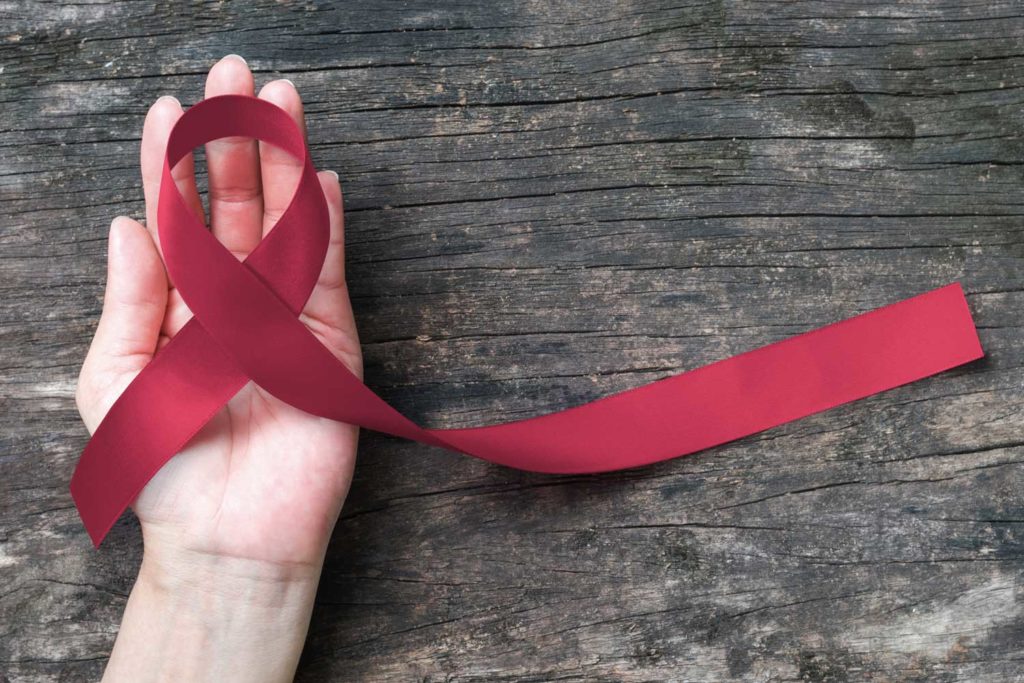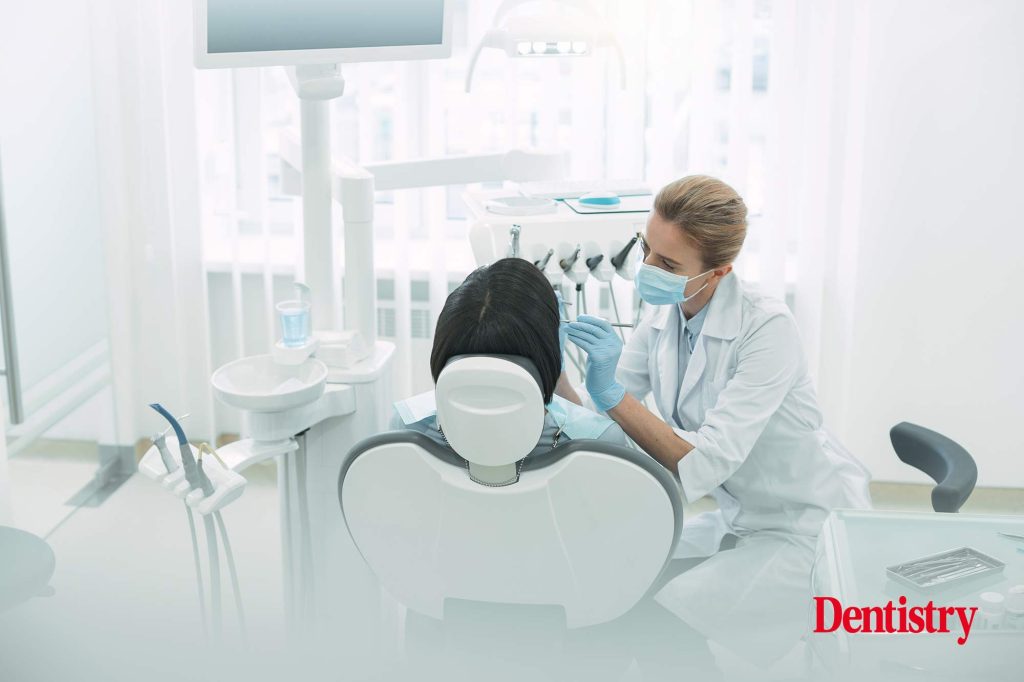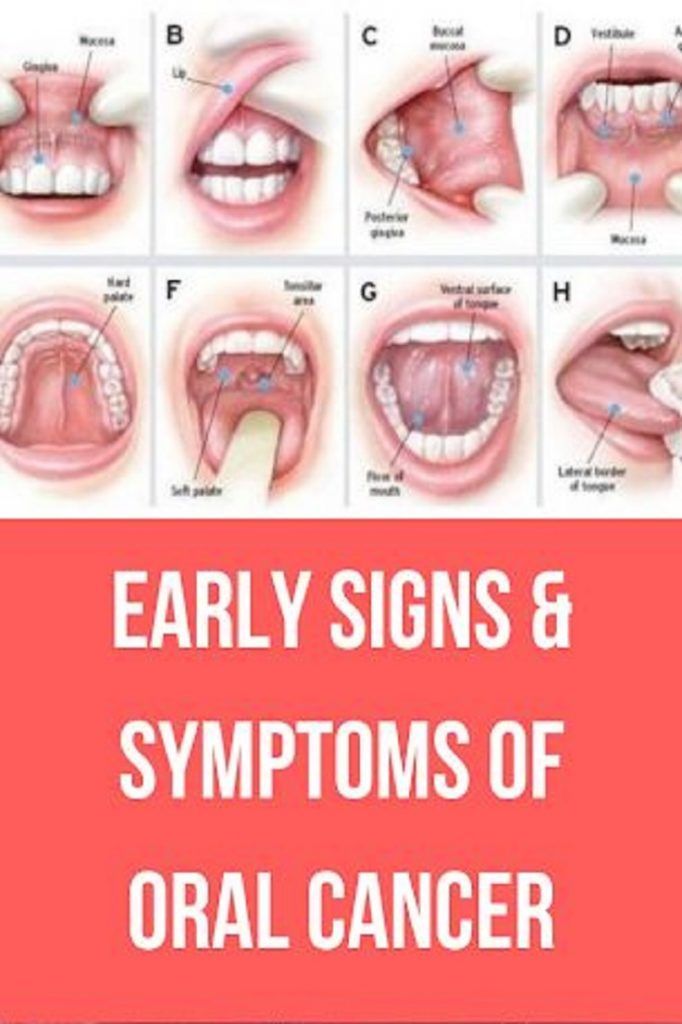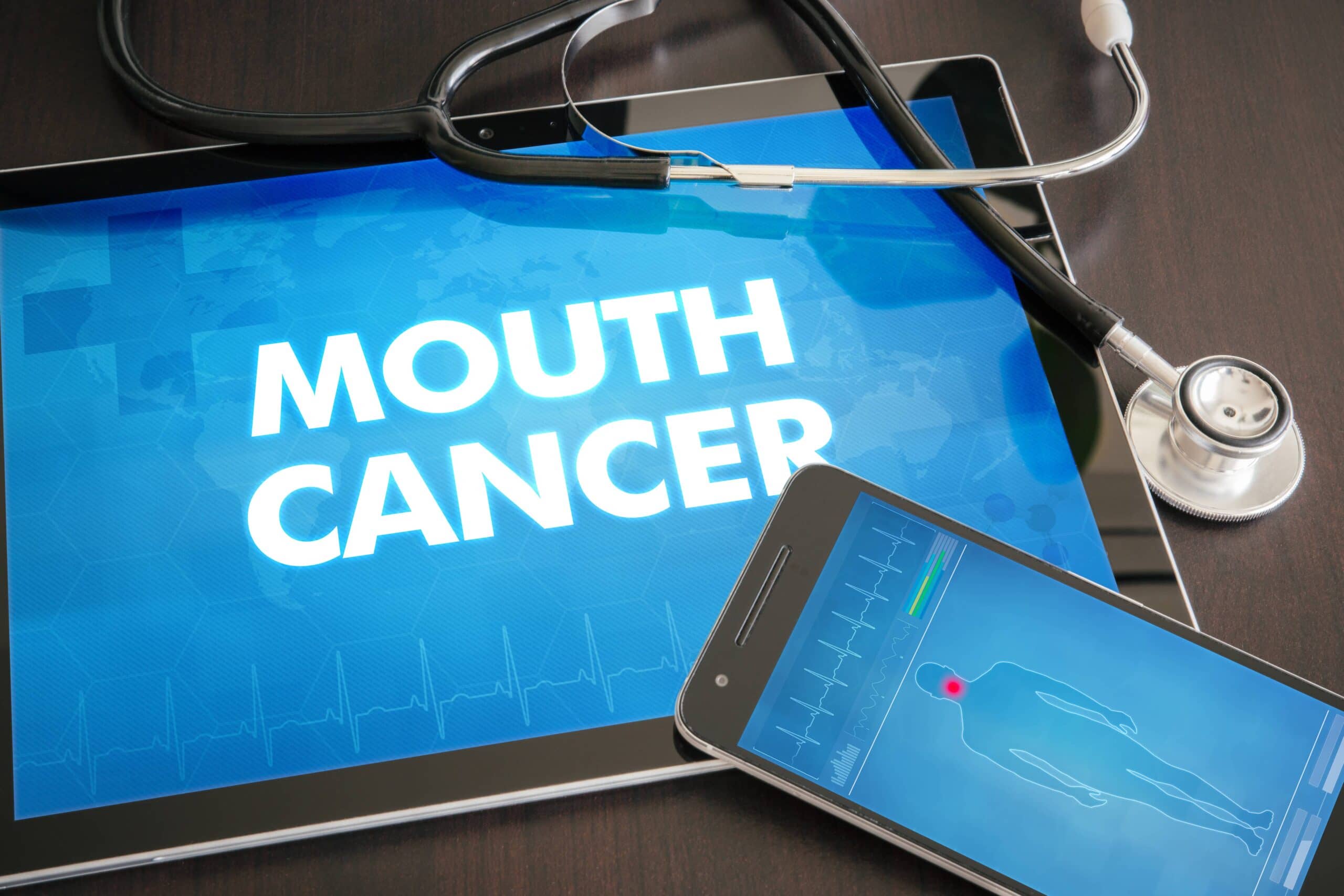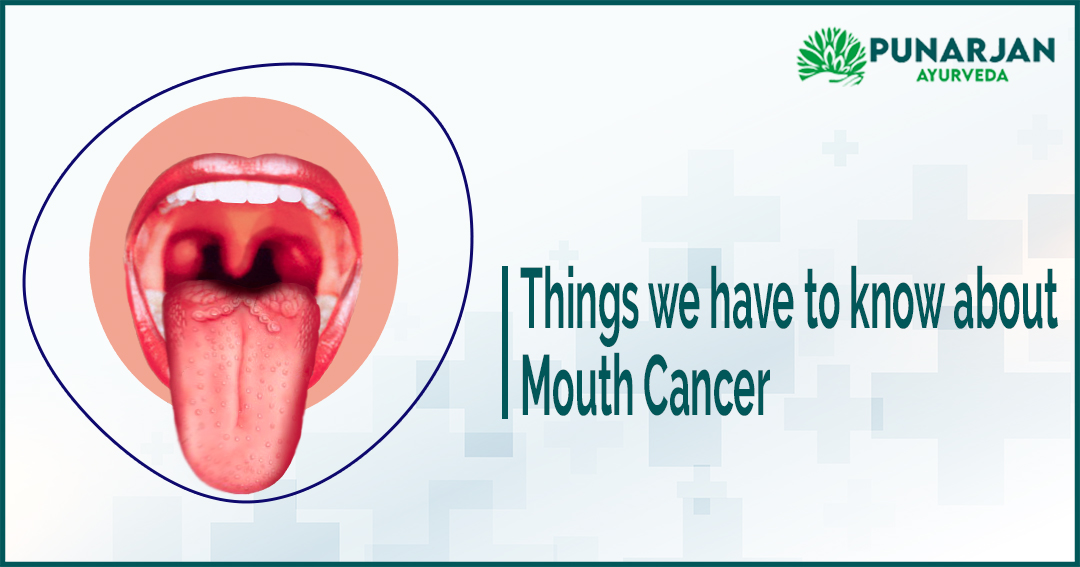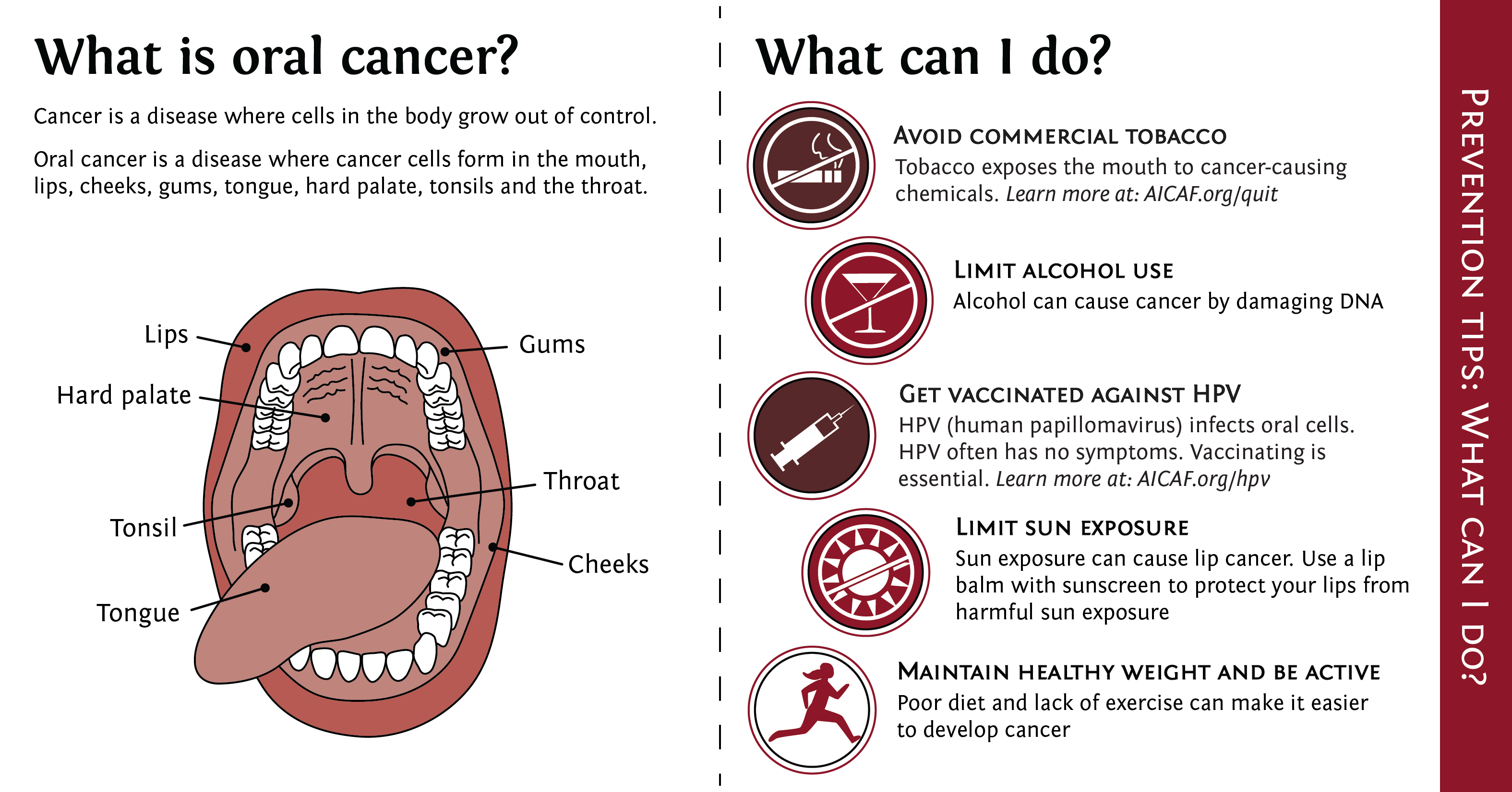Have A Tips About How To Detect Mouth Cancer

Complete head and neck exam if there is a reason to think you might have cancer, your doctor will refer you to a specialist.
How to detect mouth cancer. If you have constipation that doesn't. Tests and next steps treatment help and support find out about mouth cancer, including what the symptoms are, what to do if you think you have it, how it is treated, and where. Patches on the lining of the mouth or tongue, usually red or red and white.
If you've been told you have mouth cancer, you may need more tests which can include: It didn’t seem like a. Overview physical changes that may be signs of oral cancer.
Oral tissue biopsy at msk, we have a team of pathologists whose sole focus is diagnosing cancers of the head and neck. Observe any sore that doesn't heal, or white patches in your mouth or on your tongue. This specialization allows them to make the most precise.
From the fuzzy feeling on your teeth to the unfortunate condition of halitosis, bacteria shape mouth health. Diagnosis tests and procedures used to diagnose floor of the mouth cancer may include: A lip or mouth sore that doesn't heal, a white or reddish patch on the inside of your mouth,.
Mouth cancer can affect any part of the mouth, including the tongue and lips. The exact causes of mouth cancer are unknown, but the following risk factors increase your chances of mouth cancer developing: Previously developed artificial tongues have detected and measured several types of bacteria, similar to how a real tongue can taste multiple flavors at once.
Oral cancer can present itself in many different ways, which could include: Signs of mouth cancer are often first detected by your dentist. Monitor bowel or bladder changes.
Take note if there is any swelling you may not have noticed or any. One of the best ways to routinely detect. Oral cancer (mouth cancer) is the broad term for cancer that affects the inside.
Oral cancer screening is an examination performed by a dentist or doctor to look for signs of cancer or precancerous conditions in your mouth. Along with a clinical exam of. That person checks for any.
Your doctor or dentist is likely to examine your mouth, throat, tongue, cheeks, ears and eyes. If cancer develops, a person may notice: Oral cavity (mouth) and oropharyngeal (throat) cancer.
In a physical exam, a member of your health care team looks at your mouth, throat and neck. Oral cancer (oc) is the most common form of head and neck cancer. Bleeding, pain, or numbness in the.



